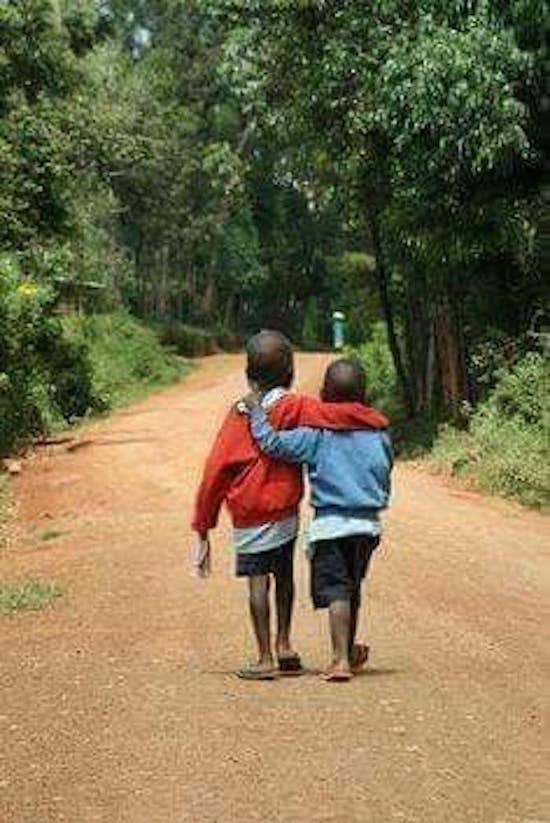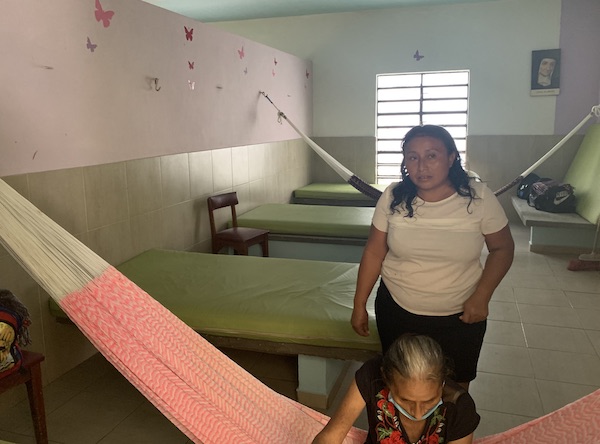Poverty and inequality in the world are currently among the most severe issues on the planet. When traveling to various regions, especially non-traditional destinations, encountering pain and suffering is inevitable.

Dealing with poverty is akin to battling an illness; if you deny being unwell, recovery becomes unlikely. One of the initial steps for us as humans to recognize challenges is through experiencing different emotions. By acknowledging our feelings, we not only realize our empathy towards others but also gain insight into our own identities, priorities, and strengths.
I took the picture on the left in Northern India. A tuk-tuk tricycle taxi driver with a broken foot. One of the biggest demonstrations of resilience I have ever seen in my life that showed the power of integrity in the face of adversity.
No matter how many times you are exposed to injustice, it never becomes easy to witness suffering. The range of emotional responses when facing hardships varies from person to person. I believe all the difficult emotions we can experience – sadness, anger, frustration, fatigue, powerlessness, stress, guilt – are important. These negative emotions allow us to understand that we are all connected through feelings, through understanding what another person feels with kindness.
Here I share some of the feelings I have experienced throughout my travels and I still experience on my travels
ANGER- It is not uncommon to feel angry in the face of injustice. Instead of being a propeller of power anger can be paralyzing. An overwhelming feeling of anger might block possible positive actions against injustice and the feeling of compassion. Crucial is to let the anger subside and think about how we can empower others. The only way to help is to let that anger subside to be able to be present again, and when possible, to try to help with the situation at hand. It has been a saving grace for me to use the “pause button” and to go back to the situation when the bad energy has been shaken off.
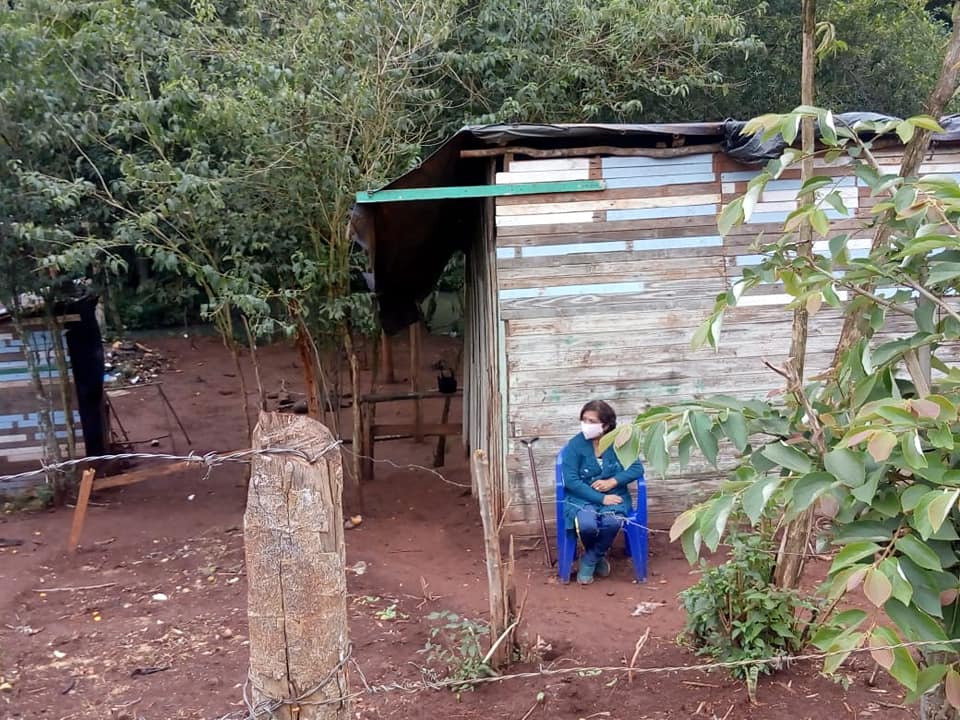
SADNESS- We are sad when we face difficult situations because we are human beings who have empathy, which is the ability to understand the feelings/emotions of others. It is okay to be sad because we can measure our value system with what is right or wrong. However, it is not useful to be sad and to feel grief for long periods of time; it de-energizes us from being active and from taking action to revert or help with the situation. It has been a challenge of mine to deal with feeling deep grief in many situations. I have learned to turn sadness into a positive connection that empowers me to take some positive action. All in all, feeling sadness or grief shows us the power of the emotional connection we have between us human beings.
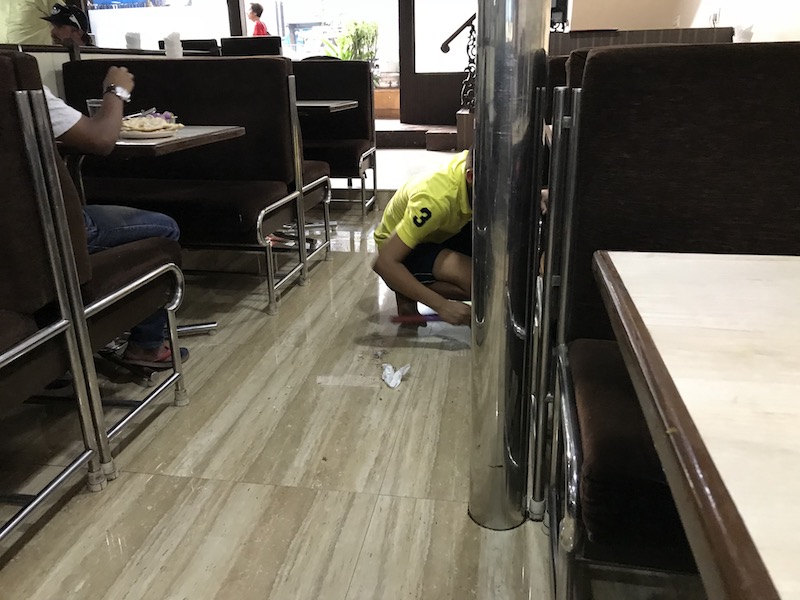
POWERLESSNESS- A sense of impotence when facing hardships. It is important to maintain emotional balance when encountering hardships. Being balanced allows us to preserve our own energy and be proactive when possible. Many times when traveling, we feel powerless or lacking influence to change a situation. I transform my sense of helplessness into positive action by choosing one thing I can do to change the situation that bothers me at the time. Being able to help in some way restores my power. I feel empowered by donating to a charity in a specific location, using the services of a pulled rickshaw and giving the person extra funds, posting a picture of a person in need in the hope that someone will help, etc. Ultimately, the idea of helping remains in my mind, hoping that assistance reaches the person in need. If we truly embody energy, a positive outcome will manifest in some way, bringing a positive spin. We can only have faith (hope is too mild) and under these circumstances, never give up!

USELESSNESS– This feeling can be triggered by thinking there is no point in helping. The situation we face might be so overwhelming, with so many needs unmet, that we might feel what we do is just one drop in the bucket. All big changes start with small steps. No matter how small the contribution we make, or in whatever way, it will certainly impact the life of someone and, most importantly, help people understand that they matter.
STRESS- It is common to feel stressed when we come across the face of adversity and traumatic events. When working with vulnerable communities or coming across them, it is not uncommon to feel emotional burnout and physical fatigue – stress. In international development, work emergencies arise out of the blue, causing stress. Stress is usually higher for people who work in humanitarian emergencies, although being under emotional pressure is always very stressful.
GUILT- The feeling of guilt is a true disagreement or friction with our own moral values. However, guilt can be that emotional red flag in the face of adversity that makes you look at a situation from a different perspective. It is that feeling we “could have” or “should have” done something and pushes us to “correct” the situation. Sometimes I have felt guilty when I see a person in need, wondering “why” I complain about silly things. The feeling of guilt is almost like an emotional compass, an emotion that immediately pushes me towards self-reflection which has a positive outcome bringing me back to what is truly important.


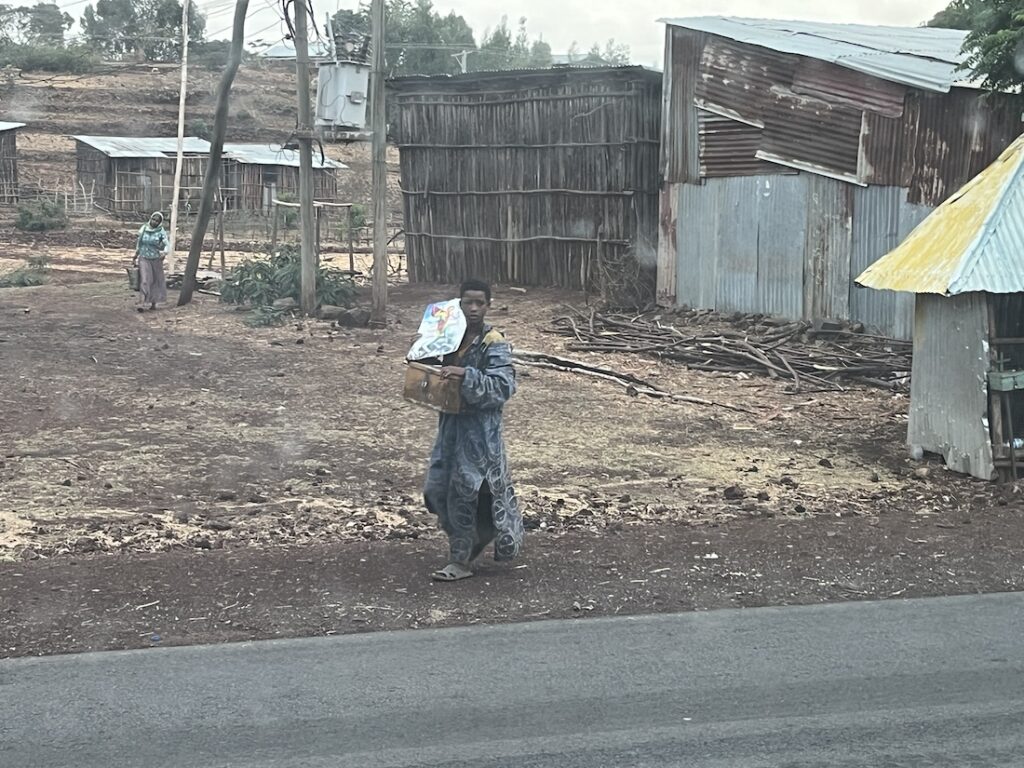
Sometimes the aftermath of sad and uncomfortable feelings feels overwhelming. We all cope with adversity – resilience – in different ways, and there is no “one size fits all” type of coping mechanism. It is a great skill to tap into that inner strength that allows us to keep going and to adapt better to circumstances. Here are some of the coping mechanisms that have often helped me get through:
GRATEFULNESS- is a gateway to dealing with pain and suffering. Gratefulness brings positive emotions appreciating what we have is a great source of inspiration and it helps us to keep going on strong.
Being grateful as a positive emotion for your well-being is backed by science. Gratefulness brings positive emotions that make you happier. So after seeing a lot during your travel just dive into looking at all of the blessings you have and give a great THANK YOU!
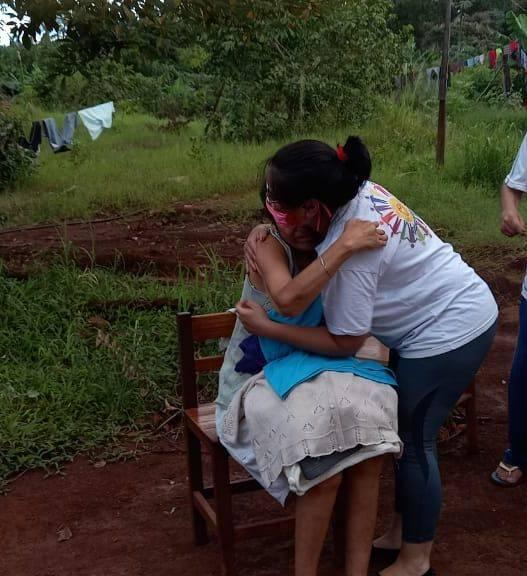
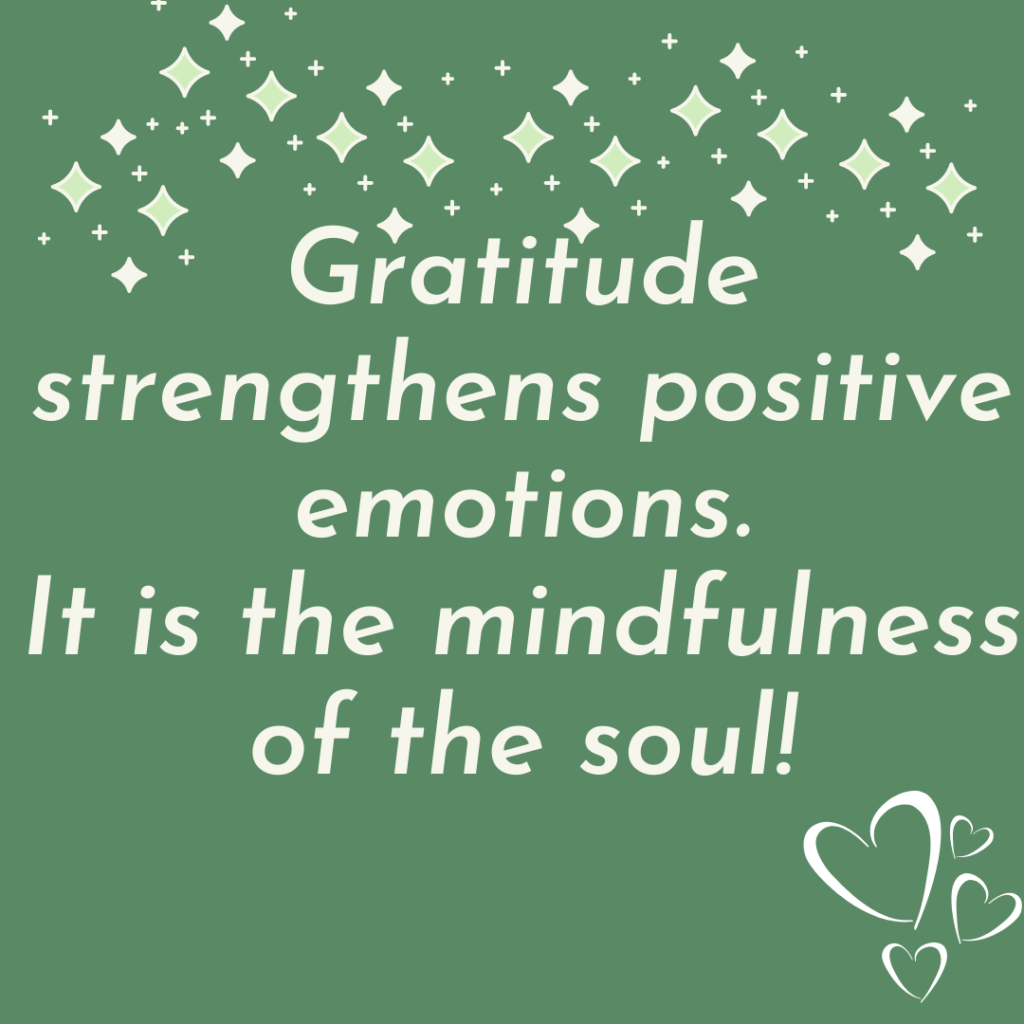
HEALTHY COMPASSION- This is one that I struggled with for a long time. I used to feel the pain and suffering all over my body which made the experience quite overwhelming. Once I learned to cope better with pain and suffering, I understood that I did not have to suppress my emotions but I had to work on managing them. Healthy compassion means caring about the hardships that someone might experience but instead of focusing so much on the feeling of sorrow and injustice, I focused on the feeling of kindness and healing.
BEING PROACTIVE- No matter how small, always take a step towards improvement. Regardless of the situation, there is always something that can be done to alleviate it. I found that listening and looking people in the eyes with genuine concern works wonders.
HUMOR- This is my favorite, finding humor. Humor and laughter are again ways to connect with others. It is a way to transform a difficult situation into a more positive one.
GENEROSITY- Witnessing people’s hardships during world travel is not supposed to leave us staying the same. Hardships can either make you hard or more giving and generous. Generosity means renewing people’s faith.
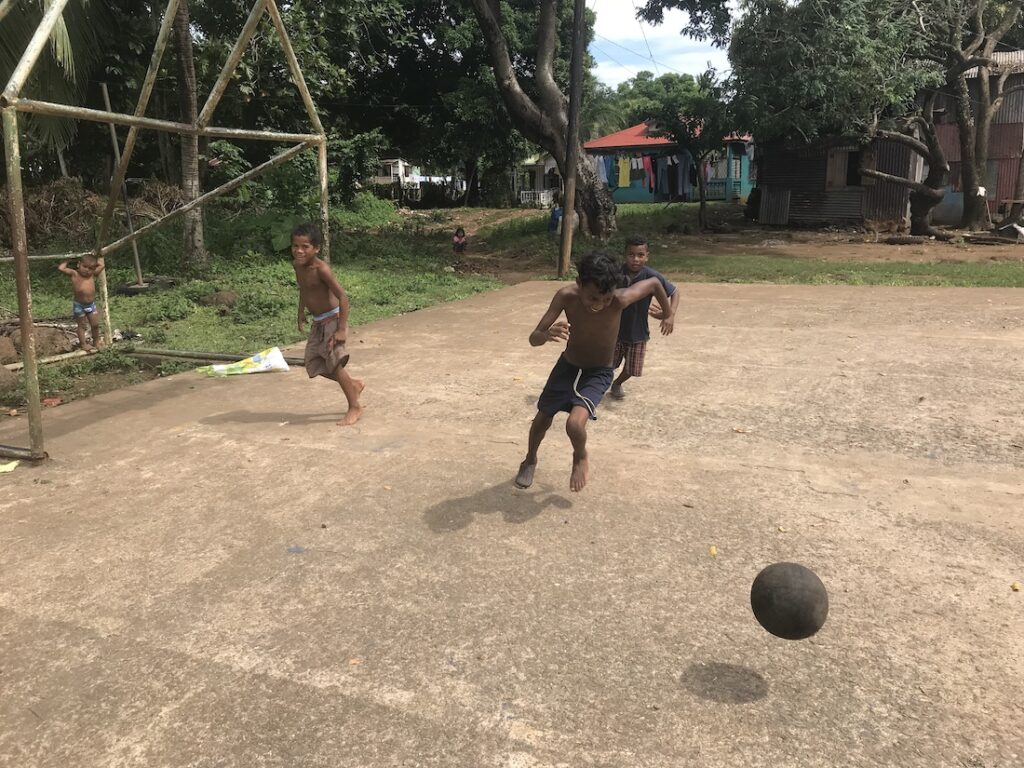
Children playing in Nicaragua
SUPPORT- Find support with a group of people you can trust and talk through issues that cause concern and stress. Talking through things helps you let things out and, at times you can even find ways to ease problems. When I taught development, debriefing was a very important component of the experience and everybody learned from each other’s experiences.
SMILE– I learned that a smile can help heal a broken soul. A genuine smile, not a poker one. People in vulnerable situations are more sensitive to what is genuine than you can imagine.
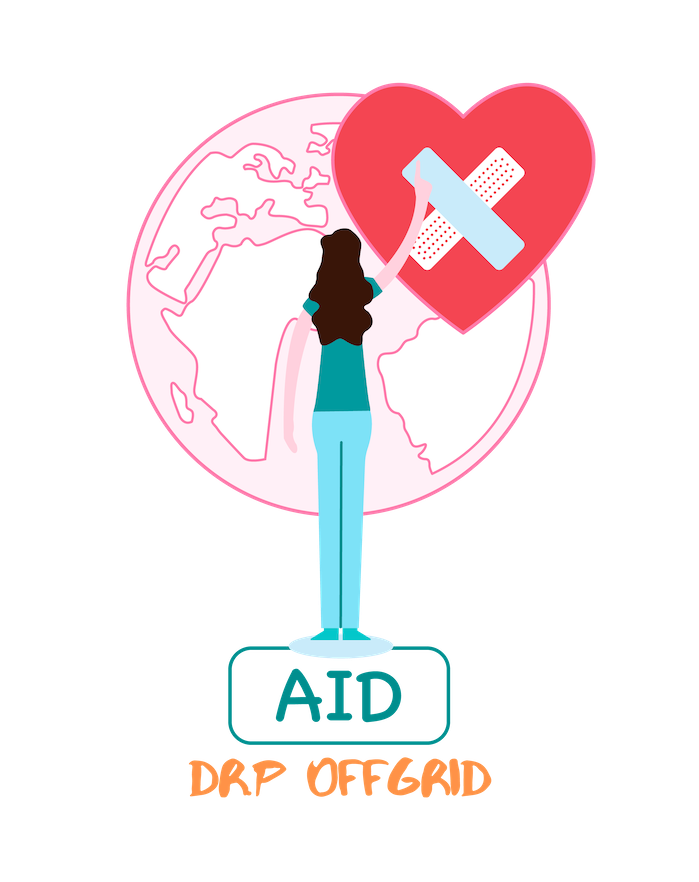
Nothing in the world is perfect, and adapting to circumstances allows us to navigate this life in a much better way. We all learn through comparing the good and the bad, the yin and yang. Unfortunately, most of the world is full of struggles and hardships that cause us tremendous spiritual fatigue. The encountering of hardships builds resilience, the ability to cope with adversity. How do I get through all of the pain I have seen in the world throughout the years…just by having PURPOSE and FAITH!!
